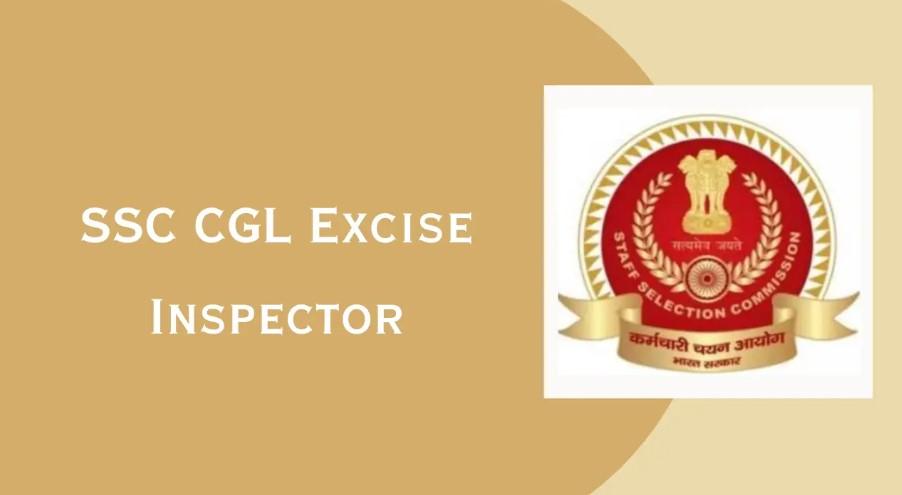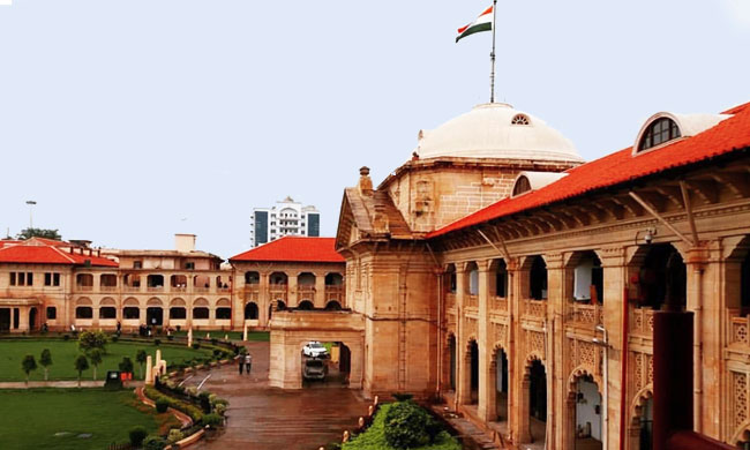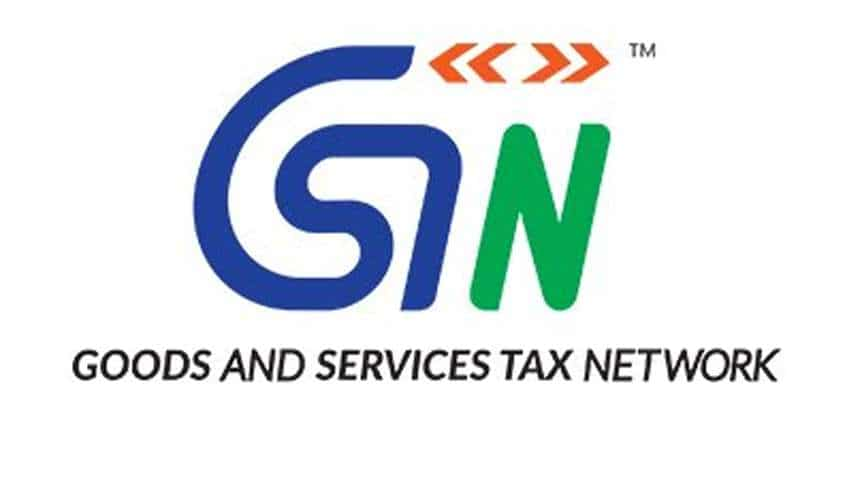The Sabka Vishwas Legacy Dispute Resolution Scheme announced by the Union government in its 2019-20 Budget will be operationalised from September 1. The government has notified the scheme which will continue till December 31, 2019. Tax payers can use the scheme for closing their pending disputes relating to legacy service tax and central excise cases that are now subsumed under GST, it said.

Eligibility conditions to avail benefit under LDRS:
All persons are eligible to opt for the scheme. Except the following:
> who have filed an appeal before the appellate forum and such appeal has been heard finally on or before the 30th day of June, 2019
> who have been convicted for any offence punishable for the matter for which he intends to file a declaration
> who have been issued a show cause notice and the final hearing has taken place on or before the 30th day of June, 2019
> who have been issued a show cause notice for an erroneous refund or refund
> who have been subjected to an enquiry or investigation or audit and the amount of duty involved in the said enquiry or investigation or audit has not been quantified on or before the 30th day of June, 2019
> a person making a voluntary disclosure after being subjected to any enquiry or investigation or audit; or
> a person making a voluntary disclosure after having filed a return wherein he has indicated an amount of duty as payable, but has not paid it
> who have filed an application in the Settlement Commission for settlement of a case
> persons seeking to make declarations with respect to excisable goods set forth in the Fourth Schedule to the Central Excise Act, 1944.
Quantum of Relief available under LDRS:
The relief available to a declarant under this Scheme shall be calculated as follows:

| S. N. | Situation | Relief Available |
| 1 | where the tax dues are relatable to a show cause notice or one or more appeals arising out of such notice which is pending as on the 30th day of June, 2019 : | Tax Dues up to 50 Lakhs : 70 %Tax Dues more than 50 lakhs : 50 % |
| 2 | where the tax dues are relatable to a show cause notice for late fee or penalty only, and the amount of duty in the said notice has been paid or is nil : | Entire amount of late fee or penalty; |
| 3 | where the tax dues are relatable to an amount in arrears : | Duty amount up to 50 laksh : 60%Duty Amount more than 50 lakhs : 40% |
| 4 | where the tax dues are linked to an enquiry, investigation or audit against the declarant and the amount quantified on or before the 30th day of June, 2019 is: | Tax Dues up to 50 Lakhs : 70 %Tax Dues more than 50 lakhs : 50 % |
| 5 | where the tax dues are payable on account of a voluntary disclosure by the declarant, then | No Relief |
By When Demand is to be Paid

Meaning of “Tax Dues” under LDRS
| S. N. | Situation | Tax Dues |
| 1. | Where a single appeal arising out of an order is pending as on the 30th day of June, 2019 before the appellate forum | The total amount of duty which is being disputed in the said appeal |
| 2. | Where more than one appeal arising out of an order, one by the declarant and the other being a departmental appeal, which are pending as on the 30th day of June, 2019 before the appellate forum | The sum of the amount of duty which is being disputed by the declarant in hisappeal and the amount of duty being disputed in the departmental appeal |
| 3 | Where a show cause notice under any of the indirect tax enactment has been received by the declarant on or before the 30th day of June, 2019 | The amount of duty stated to be payable by the declarant in the said notice |
| 4 | Where an enquiry or investigation or audit is pending against the declarant | The amount of duty payable under any of the indirect tax enactment which hasbeen quantified on or before the 30th day of June, 2019 |
| 5 | Where the amount has been voluntarily disclosed by the declarant | The total amount of duty stated in the declaration |
| 6 | Where an amount in arrears relating to the declarant is due | The amount in arrears |
Whether any interest or penalty is payable?
If a Declarant opts for this scheme he is not required to pay any amount towards interest and penalty.
Please Note that any amount paid as pre-deposit at any stage of appellate proceedings under the indirect tax enactment or as deposit during enquiry, investigation or audit, shall be deducted when issuing the statement indicating the amount payable by the declarant. However if Pre-deposit or deposit amount exceeds the amount payable under declaration, the declarant shall not be entitled to any refund.

How to make payment of liability under LDRS Scheme?
Amount payable under LDRS cannot be paid by utilizing input tax credit account under the indirect tax enactment or any other Act. The payment is to be discharged in cash only.
Whether tax liability paid under LDRS Scheme can be claimed as ITC?
No. The tax discharged under LDRS cannot be claimed as ITC.
Procedure for filing declaration under LDRS Scheme
✓ The taxpayer can apply for this scheme from https://cbic-gst.gov.in
✓ The taxpayer already registered under CE / ST can login and fill PartB of SVLDRS Form-1.
✓ The unregistered taxpayer can register himself by filling Part-A of SVLDRS Form -1.
If the taxpayer selects the jurisdiction from know your jurisdiction then value of the fields i.e. State/ Zone/ Commissionerate/ Division/ Range will auto populated.







By clicking the submit button, Form SVLDRS-1 will be submitted to concerned Committee. ARN will generated and the taxpayer will be informed via email and SMS.
After SVLDRS-1 submission by taxpayer, The tax officer will be shown options to issue SVLDRS 2 & SVLDRS 3. SVLDRS 2A for written submissions by taxpayer and SVLDRS 2B for grant of personal hearing in the matter.
SVLDRS-4 issued by the officer after payment.

Toll Free No. 1800-1200-232 | Cbecmitra.helpdesk@icegate.gov.in | Cbec-gst.gov.in>HELP>SELF SERVICE
CA Ankit Gulgulia (Jain) View :- This scheme is a very good initiative by law makers to avoid dispute and put closure to early indifferences with taxpayers. Taxpayers should use this to best of their interests. It is important that no taxmen harass such voluntary disclosures and all rejections should be closely monitored by revenue.














